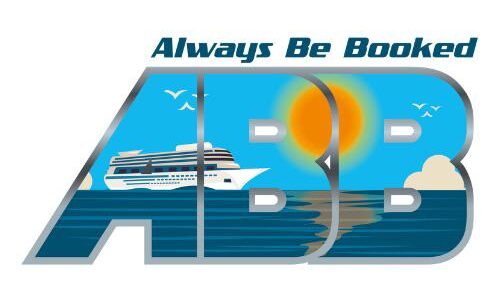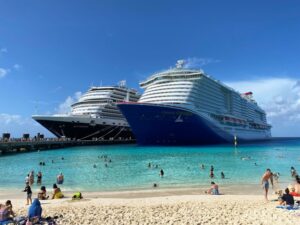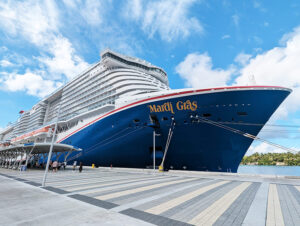Four Florida-based cruise lines have been ordered to pay over $400 million in damages to an American company for “trafficking in stolen property” in Cuba, according to a recent ruling by U.S. District Judge Beth Bloom. The cruises, operated by Carnival, MSC SA, Royal Caribbean, and Norwegian, had been sailing to Cuba and using port facilities in Havana that had been unlawfully seized by Fidel Castro in 1960. In March, Judge Bloom ruled that the companies had committed “trafficking acts” and engaged in “prohibited tourism” by taking U.S. travelers to Cuba and using the confiscated facilities.

The damages awarded to Havana Docks, the American company with legal rights to the facilities, are based on the 1996 Helms-Burton Act, also known as the Libertad Act, which punishes the use of confiscated property in Cuba. The Act allows for the court to triple the amount of damages awarded, and Judge Bloom stated that a lower award “could conceivably be considered merely a cost of doing business,” emphasizing the need for a deterrent.
This ruling has significant implications for the ongoing legal battle between the U.S. and Cuba, as well as for companies operating in the region. It serves as a reminder of the ongoing tensions and legal issues between the two countries and the impact of the Helms-Burton Act on businesses. The case has also been closely watched because it sets a precedent for lawsuits involving travel providers like cruises and airlines, which have argued that they were authorized by the Obama administration to do business with Cuba and that their dealings were covered under a “lawful travel” exception in the embargo regulations.

In conclusion, this ruling highlights the complexities and challenges of doing business in Cuba, and serves as a cautionary tale for companies operating in the region. It will be interesting to see how the cruise lines respond and if the damages awarded will be paid in full.






